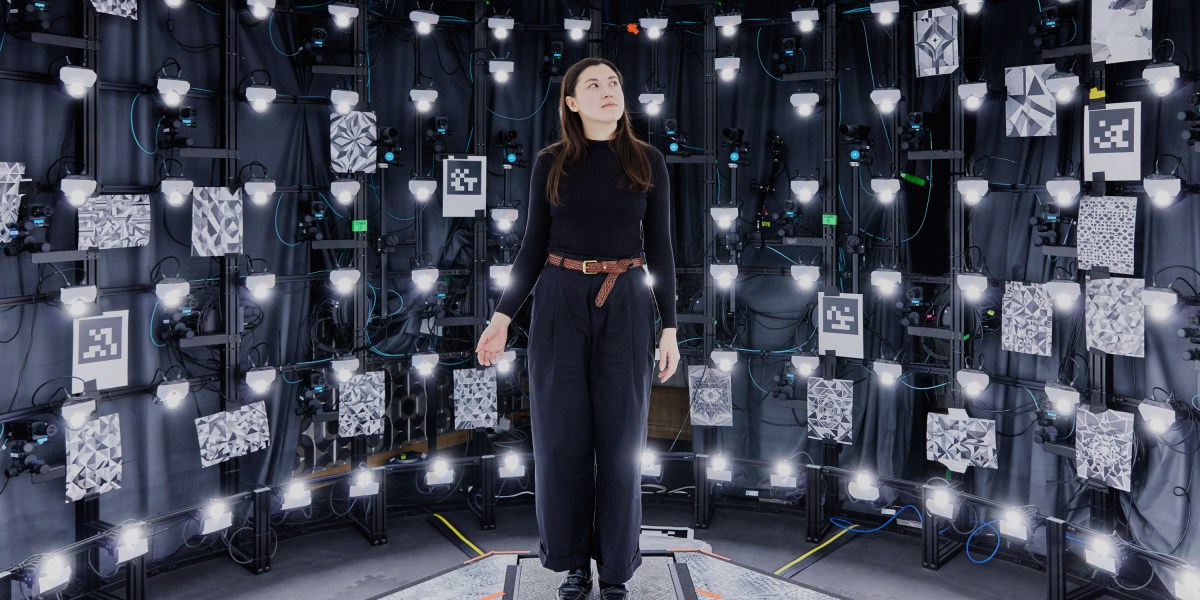Thanks to rapid advancements in generative AI and a glut of training data created by human actors that has been fed into its AI model, Synthesia has been able to produce avatars that are indeed more humanlike and more expressive than their predecessors. The digital clones are better able to match their reactions and intonation to the sentiment of their scripts—acting more upbeat when talking about happy things, for instance, and more serious or sad when talking about unpleasant things. They also do a better job matching facial expressions—the tiny movements that can speak for us without words.
But this technological progress also signals a much larger social and cultural shift. Increasingly, so much of what we see on our screens is generated (or at least tinkered with) by AI, and it is becoming more and more difficult to distinguish what is real from what is not. This threatens our trust in everything we see, which could have very real, very dangerous consequences.
“I think we might just have to say goodbye to finding out about the truth in a quick way,” says Sandra Wachter, a professor at the Oxford Internet Institute, who researches the legal and ethical implications of AI. “The idea that you can just quickly Google something and know what’s fact and what’s fiction—I don’t think it works like that anymore.”



I had anticipated that there would be an uptick in cryptographic signing to combat the problem as this sort of fakery has become ubiquitous, which in my mind would assure the recipient of a file that
A) the file is unaltered after the date/time of the signing B) that the file was created by the named photographer or videographer
This is not proof of authenticity but with a verifiable source, the file recipient could at least judge for themselves based on the reputation of the file creator (say, a notable AP photojournalist vs. some random schmoe).
Thus far, whenever I have raised this idea in a public forum, it has met with silence or even derision. What am I missing?
It takes an extra 2 minutes, that’s why its dead in the water. People go who would spend x amount of time to deepfake me that I should spend an extra two minutes on assuring integrity? And well for most of the population they are probably right.
I suppose you are correct, but it seems like a standard could be adopted to automate the process for both the creator and the consumer. And while the system would work for any creator, it seems most important to be able to ensure the integrity of the work product of journalistic professionals.
NFTs to the rescue - what a joke.
You seem to be conflating NFTs and digital signatures. Any file can be signed, unrelated to any sort of block chain technology. See PGP and related for more information.
Edit: fixed a typo
Why should I trust the authenticity of your signning key? Solution 1: web of trust like PGP. Impossible with foreign content. Solution 2: Trusted Certificate authorities (private/ state/ UN) Solution 3: a block chain (scaling problems)
If I generate a key pair and use it to sign a file and distribute it and then I publish the public key somewhere like Facebook, any recipient of the file could be assured that the file originated from my Facebook account. A commercial certificate is not required to do this. As to whether the Facebook account holder is actually me is another problem, but hopefully major social media platforms require at least a photo ID.
Edit: Sorry, I said public certificate when I meant commercial certificate.
Literally nothing to do with nfts